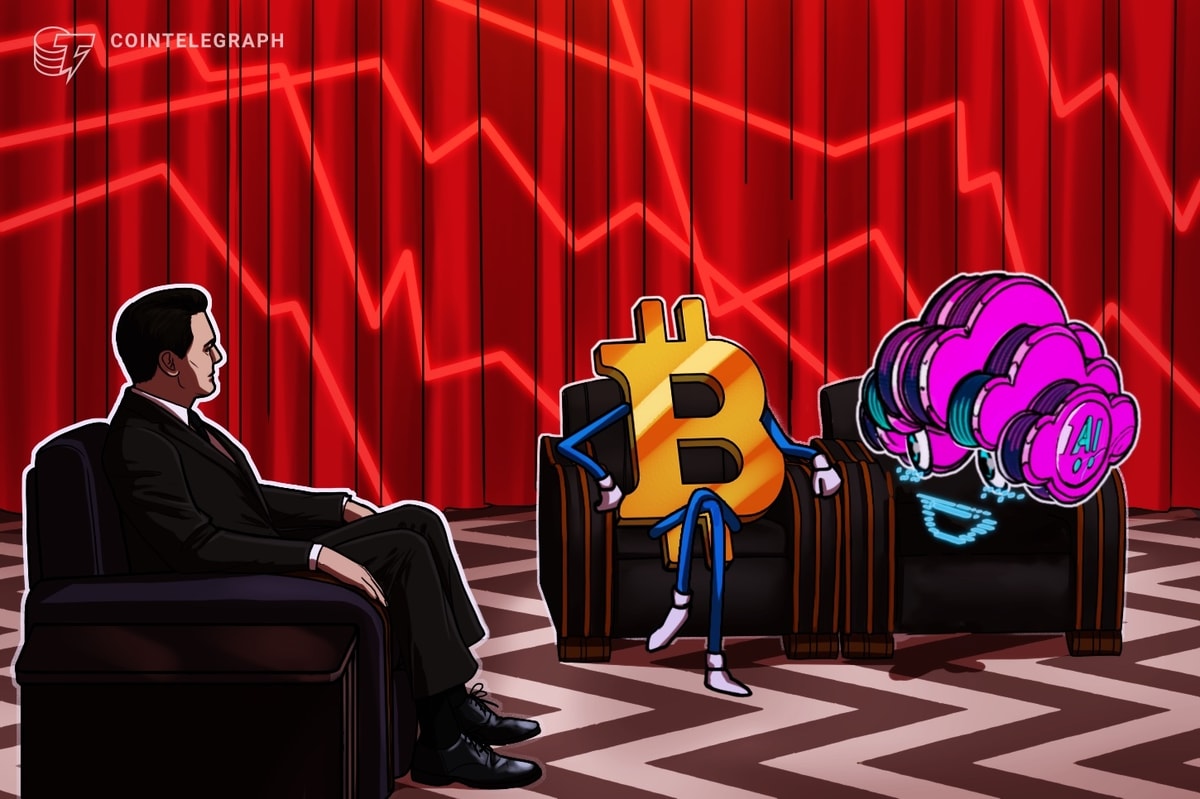Bitcoin (BTC) price fell 4.1% in the early hours of September 30, retesting the $63,500 support level and erasing gains from the previous five days. The most recent attempt to break above $66,000 lasted less than three days, but the correction resulted in the liquidation of just under $40 million of leveraged buy futures. This data suggests that although the factors driving the recession are still present, the bulls have not let down their guard.
Uncertain US economic outlook puts pressure on BTC price
U.S. stock futures fell 0.20% as investors awaited comments from U.S. Federal Reserve Chairman Jerome Powell on the economic outlook. Concerns are growing about activity in the services and manufacturing sectors and the September employment report due to be released on October 4. “The labor market is the biggest risk and our outlook,” Aditya Bhave, U.S. economist at Bank of America, wrote in a note to clients on September 27, according to Yahoo Finance.
Given the high short-term correlation between Bitcoin and the stock market, traders believe a slowdown in the S&P 500 could have a negative impact on the BTC price. Some analysts argue that a potential bubble in the artificial intelligence (AI) sector could trigger market panic, causing investors to turn to safe assets such as short-term government bonds and cash.
Number of funding rounds for AI companies. Source: Aventis Advisors
Mike Fishbein, author of the “AI Marketing Overview” newsletter, argues that technology itself is not the primary driver of a potential AI market collapse. In his view, the problem lies in how most users engage with these services, which currently rely on providers such as ChatGPT (OpenAI), Gemini (Google), Copilot (Microsoft) and Grok (X).
source: Mike Fishbein
Fishbein points out that while the cost of leveraging large language models (LLMs) has “plummeted,” companies continue to charge “bloated” subscription fees. He predicts that eventually customers will “get wiser,” making it more difficult to afford increasingly expensive AI hardware as the prices of these services decrease and their revenue potential declines.
Weakening European economy, heightened conflict in Middle East
Traders are increasingly concerned that the global economy is starting to show signs of weakness.
In Europe, economic conditions worsened, with automaker Stellantis lowering its margin forecast for this year, sending its stock price down 14% on the Dutch Stock Exchange. This announcement comes shortly after Volkswagen took cost-cutting measures, including considering closing its German plant for the first time in its 87-year history.
Bloomberg reports that Germany, the euro zone’s largest economy, will post zero or negative economic growth in 2024 due to disruptions in gas supplies from Ukraine and weak demand from China. Likewise, the Bank of England predicted economic growth in the third quarter to be only 0.3%. Meanwhile, UK house prices rose 3.2% year-on-year, showing signs of potential stagflation.
German industrial production. Source: Jeroen Blockland
relevant: Bitcoin Maximalism Paradox: BTC Adoption Threatens Founding Principles
Heightening tensions in the Middle East following the recent attacks in Lebanon are further aggravating global economic risks. Israeli Prime Minister Benjamin Netanyahu said the measures taken so far “will not be enough,” according to CNBC. A significant rise in oil prices is likely to push inflation higher and limit the U.S. Federal Reserve’s ability to cut interest rates.
Ultimately, the reason Bitcoin cannot maintain its bullish momentum is because the socioeconomic environment has worsened, including slowing economic growth, deepening conflict, and investor concerns that central banks will no longer be able to cut interest rates.
Although these factors could support Bitcoin price in the long term, the current environment favors uncertainty. As a result, traders are moving away from risky assets like cryptocurrencies and looking for safer investment options in the short term.
This article is written for general information purposes and should not be considered legal or investment advice. The views, thoughts and opinions expressed herein are those of the author alone and do not necessarily reflect or represent the views and opinions of Cointelegraph.

